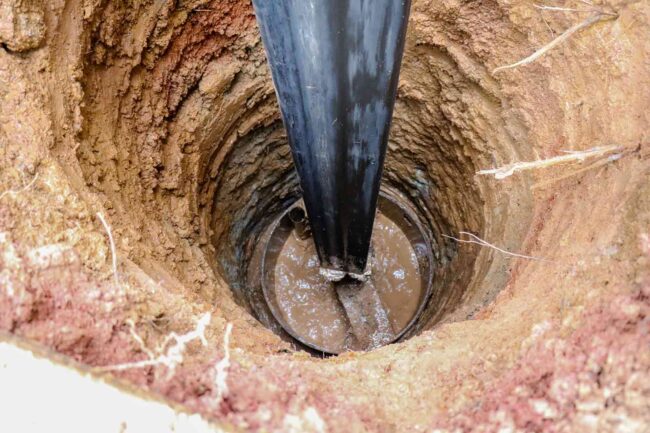Beyond Digging: The Skills and Responsibilities of Borehole Engineers
The borehole engineers cheshire expertise lies in the intricate process of drilling, constructing, and maintaining boreholes, ensuring access to clean and reliable water. Let’s explore the significance of borehole engineers and their contributions to water sourcing solutions.
Borehole engineers are more than just diggers; they are skilled professionals equipped with technical knowledge and practical experience. Their responsibilities encompass various stages, from site assessment to post-construction monitoring, ensuring that boreholes meet quality standards and serve communities effectively.
Borehole engineers begin their work by conducting thorough site assessments. This involves analyzing geological formations, water table levels, and potential obstacles that may affect the drilling process. Utilizing advanced tools and techniques, they determine the optimal location and depth for drilling, maximizing water yield while minimizing environmental impact.

Once drilling commences, borehole engineers oversee the operation with precision. They monitor drilling progress, adjust equipment settings as needed, and ensure compliance with safety protocols. Their goal is to reach aquifers or groundwater reservoirs that can provide sustainable water supply for domestic, agricultural, or industrial purposes.
Construction of the borehole involves installing casing, screens, and pumps to extract water efficiently. Borehole engineers select appropriate materials and technologies based on water quality, anticipated usage, and environmental factors. This phase demands meticulous attention to detail to prevent contamination, ensure structural integrity, and optimize water flow rates.
After completion, borehole engineers conduct comprehensive testing and quality checks. They assess water purity, flow rates, and system functionality, addressing any issues promptly. Ongoing monitoring and maintenance are integral parts of their role, ensuring long-term reliability and performance of borehole installations.
In addition to technical expertise, borehole engineers collaborate with stakeholders such as hydrogeologists, environmental specialists, and community members. They facilitate knowledge sharing, promote water conservation practices, and contribute to sustainable water management initiatives.
Overall, borehole engineers are essential agents of water access and sustainability, bridging the gap between natural resources and human needs. Their dedication to excellence and innovation continues to drive advancements in water sourcing solutions worldwide.

